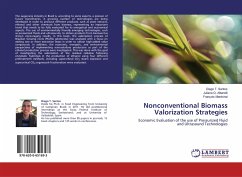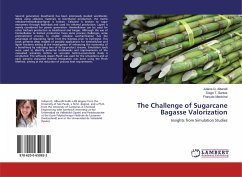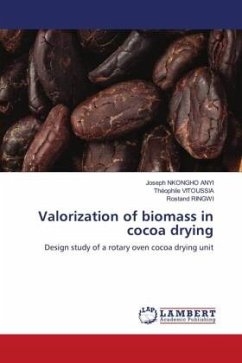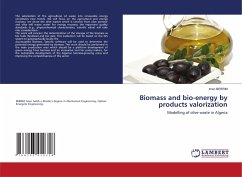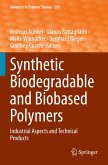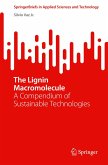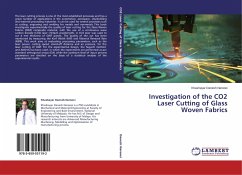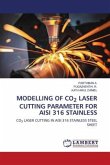The sugarcane industry in Brazil is, according to some experts, a pioneer of future biorefineries. A growing number of technologies are being developed in order to produce different products, such as plant extracts, ethanol and other chemicals from biomass, representing an important trend that needs to be fully evaluated for its energetical and economical aspects. The use of environmentally friendly emerging technologies, such as pressurized fluids and ultrasounds, to obtain products from biomass has shown encouraging results. In this book, the valorization process of Brazilian Ginseng roots (Pfaffia glomerata) was analyzed with a focus on adding one or more extraction steps in order to obtain high-added value compounds. In addition, the economic, energetic, and environmental perspectives of implementing nanocelullose production as part of the ethanol production process were investigated. This was done with the goal of investigating the valorization of the residual cellulose following enzymatic hydrolysis in the production of ethanol using four different pretreatment methods, including supercritical CO2 steam explosion and supercritical CO2 organosolv fractionation were evaluated.
Bitte wählen Sie Ihr Anliegen aus.
Rechnungen
Retourenschein anfordern
Bestellstatus
Storno

